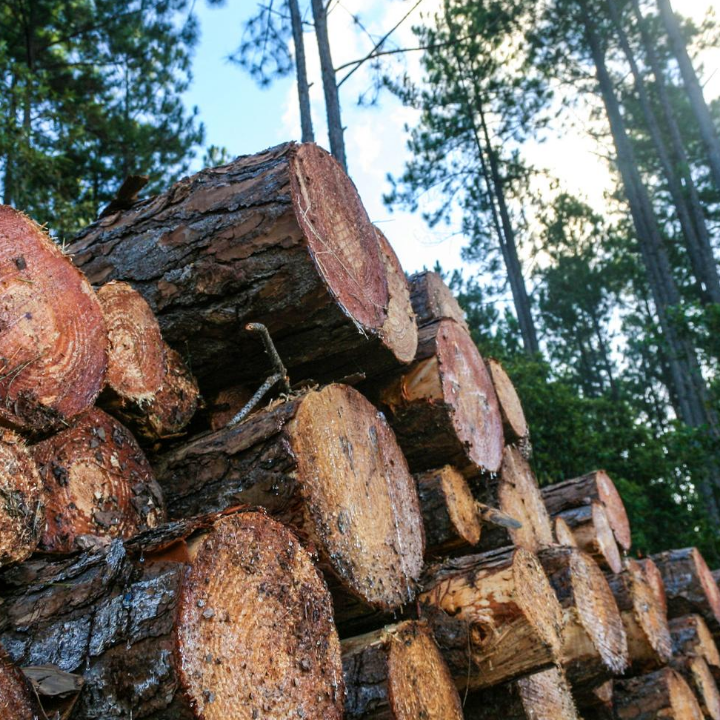Largest forestry companies are failing to combat forced labour in their supply chains

Canva
- Just 3/39 companies disclosed checking for forced labour risks in their supply chains
- The same number (8%) ban suppliers from charging workers recruitment fees, which can lead migrant workers into debt bondage
- None of the 39 companies disclosed engaging with supply chain workers’ groups such as trade unions
London, UK – Most of the world’s largest forestry companies producing paper or wooden furniture are failing to protect their workers from forced labour, according to new research.
In a briefing (out today) KnowTheChain reveals that just three of the 39 largest forestry companies can show how they check for forced labour risks in their supply chains.
The forestry sector employs 13 million workers globally with another 41 million employed in informal forestry.* They carry out logging, produce pulp or timber or make paper or wooden furniture.
But exploitation in the forestry sector is endemic, with up to 50% of the world’s $30-100 billion illegal logging operations based on forced labour.
Forestry workers in sawmills face threats, violence, poor living and working conditions, non-payment of wages, and excessive or unpaid overtime, and having their freedom of movement restricted, with risks even higher for the sector’s large migrant workforce.
Yet today’s study finds that just 8% of the sector’s largest companies ban their suppliers from charging workers recruitment fees, which can lead migrant workers into debt bondage. None of the 39 companies disclosed engaging with supply chain workers’ groups such as trade unions – a key safeguard against exploitation.
The briefing argues that forestry companies and investors must understand these risks and carry out human rights checks (due diligence) to avoid risk and help prevent the exploitation of workers.
Felicitas Weber, KnowTheChain project lead, said:
“The world’s forestry sector has a systemic problem of forced labour, and right now companies show a lack of action to address this appalling abuse. Responsible investors have a role to play in ensuring the people carrying out logging or producing pulp, paper or wooden furniture are safe from forced labour and exploitation.”
She added: “This guidance provides forestry investors with the tools they need to drive meaningful change in this sector, avoid risk, and protect workers from forced labour and abuse.”
// ENDS
Media Contact:
Adam Barnett, Communications Officer, Business & Human Rights Resource Centre, [email protected]
Felicitas Weber, KnowTheChain project lead, Business & Human Rights Resource Centre, [email protected]
Notes to editor:
KnowTheChain tracks corporate efforts to address forced labour in supply chains.
“Forced labour can be understood as work that is performed involuntarily and under the menace of any penalty. It refers to situations in which persons are coerced to work through the use of violence or intimidation, or by more subtle means such as manipulated debt, retention of identity papers or threats of denunciation to immigration authorities.” (International Labour Organisation)
*United Nations Food and Agriculture Organization estimates.